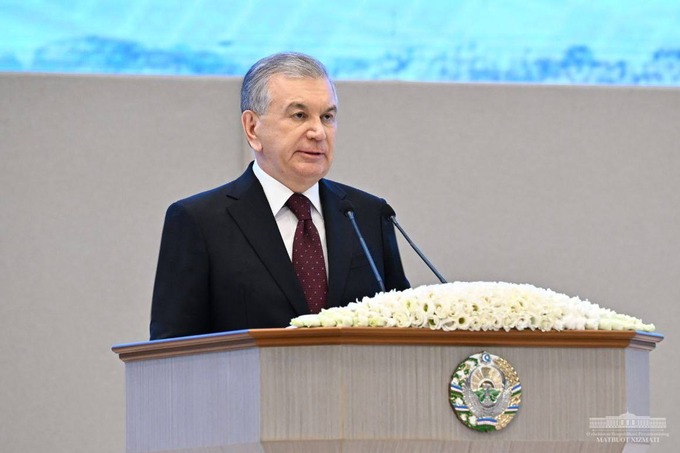President Shavkat Mirziyoyev signed the Measures to Accelerate Development of Readymade Garments and Knitwear Industries decree, Akhborot 24 reported. In accordance with the document, starting from the next year, for the first time Uzbek textile firms as an experiment will purchase cotton straight from farmers, with the grade of cotton, required volume and supply schedules to be agreed through contracts.
By this novelty, textile manufacturers will be able to control the whole chain of cotton growing and harvesting, from selection of variety and setting requirements for the quality of cotton fiber.
Farms will get 60% of the contract price in advance to cover costs .
Also for the first time textile firms will be engaged in primary processing of raw cotton at own or rented facility, or entrust this process to cotton-cleaning enterprises on a give-and-take basis.
The decree has liquidated JSC UzbekYengilSanoat (transl. Uzbek Light Industry), which comprised the textile industry enterprises, and aUzTekstilSanoat (transl. Uzbek Textile Industry) association is being created, with its products to be exported under UzTextile brand.
The President instructed to increase the number of laboratories holding international accreditation and to bring the national textile standards in line with the international.
The decree has approved a road map for swift development of Uzbekistan’s textile and knitwear industries. It comprises over 20 measures - from modernization of the technological process and development of infrastructure to introduction of marketing innovations.
In Uzbekistan, there are about 7,000 textile enterprises. The existing capacities are designed to produce 1.5 million tons of cotton fiber, of which about 60% are processed by local textile firms.
Due to serious systemic problems in the industry, including the lack of effective management and technological chain of finished products manufacturing, the share of the textile sector in the GDP is only at 4.6% (in the first half-year). High degree of monopoly and lack of proper competition also hamper development and cause low profitability of raw cotton production, processing and production of readymade garments.
The experience Bangladesh, a country that in the last 10 years has become a leading RMG manufacturer, was given as an example in the program. RMGs account for 80% of Bangladesh's exports and stands at over $ 25 billion, while importing up to 97% of its cotton and purchasing almost a third in Uzbekistan.












